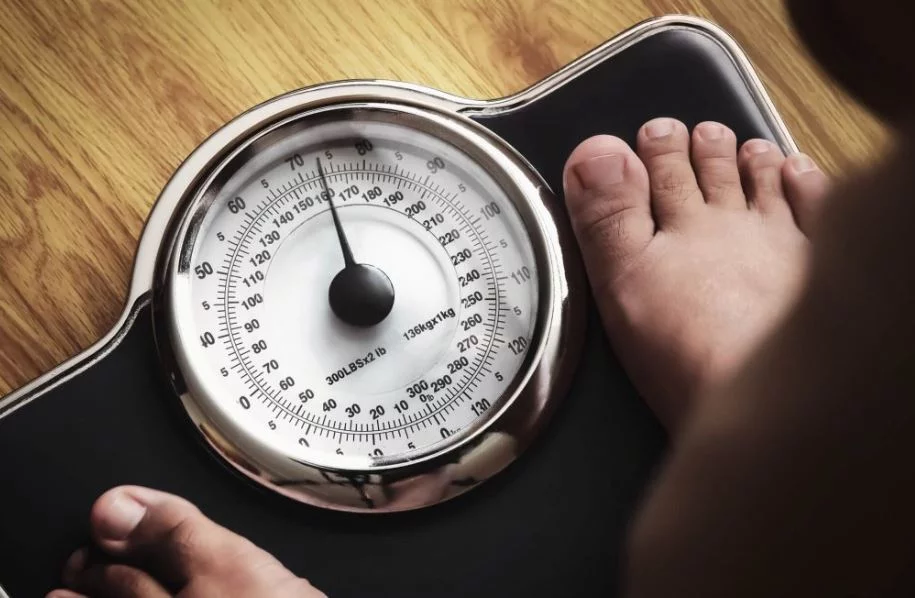The average weight for a 17-year-old male can vary significantly based on several factors, including height, body composition, genetics, and overall health. On average, a 17-year-old male in the United States might weigh anywhere from 130 to 170 pounds. However, this is a wide range, and what’s considered a healthy weight can differ based on individual circumstances.
It’s essential to consider body mass index (BMI) as a guideline to assess weight in relation to height. BMI is calculated by dividing weight in kilograms by height in meters squared (BMI = kg/m²). However, keep in mind that BMI doesn’t account for muscle mass or distribution of weight, so it may not always provide an accurate representation of a person’s health.
What Influences Weight in 17-Year-Old Males?

These factors can aid in comprehending the variations in weight among 17-year-old males and underscore the need for personalized assessments when determining a healthy weight range for individuals.
Statistical overview of weight range for 17-year-old males
National averages in different countries
Weight averages for 17-year-old males can differ significantly between countries due to cultural, dietary, and socioeconomic factors.
For instance, in the United States, the average weight might range between 130 to 170 pounds, but in other countries, these figures may vary.
In some regions, societal differences in lifestyle, diet, and physical activity levels can influence these averages.
Variations based on ethnicity and geographic location
Ethnicity plays a role in average weight due to genetic differences influencing body composition.
In certain ethnic groups, individuals may tend to have higher or lower average weights based on genetic predispositions.
Geographic factors such as climate, access to nutrition, and cultural food preferences can also impact weight averages.
Factors influencing average weight
Height and body composition
Height is a key determinant in assessing weight, as taller individuals typically weigh more due to increased bone density and muscle mass.
Body composition, specifically muscle and fat distribution, affects weight. Muscular individuals might weigh more due to higher muscle mass despite being healthy.
During adolescence, growth spurts can lead to fluctuations in weight as the body undergoes rapid changes in height and body composition.
Genetics and family history
Genetic factors play a significant role in determining an individual’s body type, metabolism, and propensity to gain or lose weight.
Family history of weight-related conditions or body types can influence a 17-year-old male’s weight. For instance, if there’s a family tendency toward obesity or being underweight, it might impact the individual’s weight.
Lifestyle factors! diet, physical activity, and exercise habits:
Dietary habits and nutrition significantly impact weight. Poor eating habits or excessive consumption of unhealthy foods can lead to weight gain or related health issues.
Physical activity levels and exercise habits contribute to weight management. Active lifestyles and regular exercise can promote a healthy weight range by burning calories and maintaining muscle mass.
Sedentary behaviors, such as excessive screen time and lack of physical activity, can lead to weight gain or difficulties in maintaining a healthy weight.
How Does BMI Impact Health Assessments?
The limitations of BMI in assessing teenagers’ health and recognizing the significance of individual differences in body composition and weight distribution is crucial.
Body Mass Index (BMI) as a guideline
BMI is a measurement used to estimate body fat based on a person’s weight and height ratio (BMI = weight in kilograms / height in meters squared). It provides a general assessment of whether an individual’s weight falls within underweight, normal, overweight, or obese categories.
However, BMI has limitations, especially in teenagers, as it doesn’t consider factors like muscle mass, bone density, or fat distribution. It might misclassify muscular individuals as overweight and those with low muscle mass as normal.
How BMI relates to weight assessment in teenagers
In teenagers, BMI serves as a screening tool to assess weight relative to height, but it’s not a definitive measure of health. During adolescence, rapid growth and changes in body composition can affect BMI readings. Teens experiencing growth spurts might temporarily have higher BMIs without being overweight.
It’s important to interpret BMI for teenagers cautiously, considering individual differences in growth rates and variations in body composition.
Importance of individual differences
Individual differences in body composition play a crucial role in determining overall health.
Muscle mass weighs more than fat tissue, so a well-muscled teenager might have a higher
BMI without being overweight or unhealthy.
Fat distribution, particularly visceral fat around organs, poses greater health risks than subcutaneous fat. BMI doesn’t differentiate between these types of fat.
Health risks associated with underweight or overweight conditions
Underweight teenagers might face health issues like weakened immune systems, nutritional deficiencies, delayed growth and development, and osteoporosis.
Overweight or obese teens are at increased risk of developing conditions such as type 2 diabetes, high blood pressure, heart disease, joint problems, and mental health issues like depression.
Both extremes, being underweight or overweight, can impact overall well-being and quality of life for teenagers.
How Does Puberty Affect Adolescent Growth?

The impact of puberty on growth, hormonal changes, and body composition assists in interpreting fluctuations in weight during adolescence.
Hormonal fluctuations and growth spurts
Puberty initiates significant hormonal changes, including increased production of testosterone in males. These hormonal fluctuations trigger physical changes like increased muscle mass, bone growth, and the development of secondary sexual characteristics.
Growth spurts are common during puberty, characterized by rapid increases in height and changes in body proportions. These growth spurts are influenced by hormonal signals that stimulate bone and muscle growth.
Influence on body composition and weight
Puberty affects body composition as adolescents experience changes in lean body mass, bone density, and fat distribution.
Boys might gain more muscle mass due to increased testosterone production, leading to weight gain despite being healthy and active.
Additionally, changes in fat distribution occur, with some fat accumulation around the abdomen and other areas influenced by hormonal changes.
The variation in growth rates and its impact on weight
Growth rates vary among individuals
Adolescents undergo growth at different rates. Some might experience rapid growth spurts earlier in adolescence, while others may have a delayed growth pattern.
These variations can lead to differences in weight gain and distribution. Teens experiencing growth spurts might temporarily gain weight due to increased bone and muscle development, even if their body fat percentage remains healthy.
Impact on weight
Growth spurts can result in fluctuations in weight, leading to temporary increases that are part of normal development.
It’s crucial to understand that these fluctuations are often due to changes in body composition and not necessarily indicative of unhealthy weight gain.
Healthy nutrition, adequate sleep, and regular exercise during puberty support optimal growth and development while managing fluctuations in weight.
FAQ’s
What is the average weight of a 17-month-old boy?
The average weight for a 17-month-old boy is typically around 22 to 27 pounds, but it can vary based on individual growth patterns and factors like height and genetics.
What should a 17-year-old weigh?
The average weight for a 17-year-old male can vary between approximately 130 to 170 pounds. However, individual weight can significantly differ based on factors like height, body composition, and lifestyle habits.
What is normal 17-year-old behavior?
Normal behavior for a 17-year-old can encompass a wide range of characteristics, including increased independence, socializing with peers, exploring personal interests, occasional mood swings, and evolving decision-making skills as they transition into adulthood.
How many kg should a 17-year-old male be?
A 17-year-old male might weigh around 59 to 77 kilograms (kg) on average. However, this weight range can vary significantly based on individual factors such as height, muscle mass, and overall health.
How tall are boys at 17 months?
On average, boys at 17 months old might have a height ranging from approximately 30 to 33 inches. However, individual growth patterns can cause variations in height at this age.
How much should a 17-year-old boy weigh at 6’1″?
For a 17-year-old boy who is 6 feet 1 inch (6’1″) tall, a healthy weight range might fall between roughly 160 to 200 pounds, depending on factors like body composition, muscle mass, and overall health.
What Is The Average Weight For A 17 Year Old Boy?
The average weight for a 17-year-old boy is around 134.1 pounds (61 kg) according to CDC data.
Final Words
In conclusion, understanding the average weight for 17-year-old males involves considering various factors such as height, body composition, genetics, and lifestyle choices. While national averages may vary, factors like ethnicity and geographic location also play roles in determining average weights.
Body Mass Index (BMI) serves as a helpful guideline but has limitations, especially in teenagers, as it doesn’t account for individual differences in muscle mass or fat distribution. It’s essential to recognize the impact of puberty on growth, hormonal changes, and body composition during adolescence.

